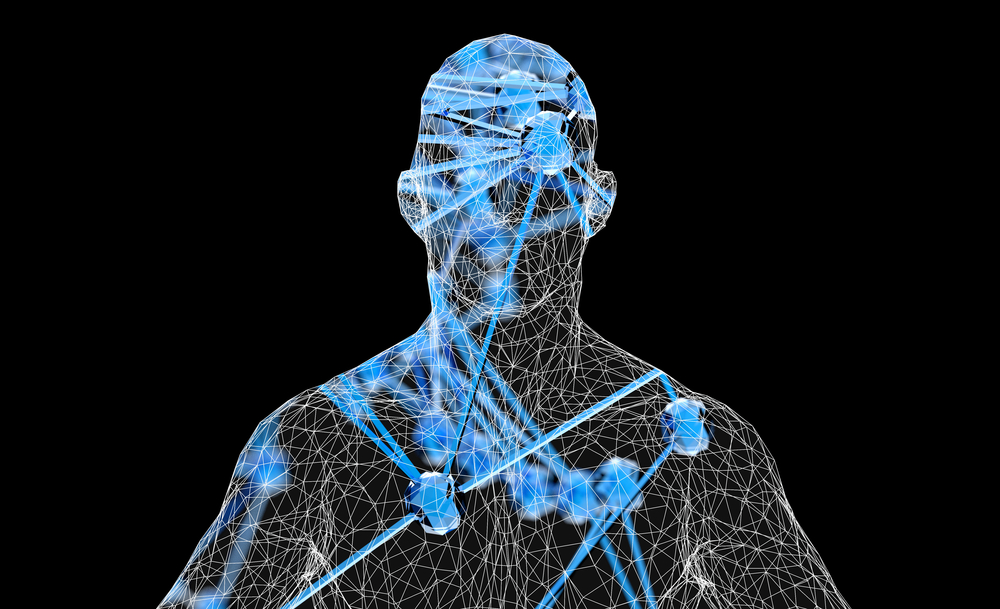It is always good to learn artificial intelligence solutions become smarter as more time progresses. However, it seems certain types are already smarter than what was originally predicted. A new machine-learning algorithm can accurately predict the likelihood for patients suffering from a heart attack or stroke. In fact, this technology can do so more accurately than any doctor on the planet.
An AI Will Determine Your Heart Condition
There are plenty of use cases for artificial intelligence in the healthcare sector. Considering how a lot of consumers suffer from various medical conditions, assessing the right course of action at an early stage is of the utmost importance. This is where machine-learning solutions can make a big impact, especially when it comes to determining severe medical conditions such as a heart attack or a stroke.
A new set of algorithms of such magnitude have been developed by the University of Nottingham researchers earlier this week. It is quite interesting to see them successfully develop an algorithm-based solution that can look at patient data and determine whether or not – and when – they may suffer from a heart attack or stroke. Moreover, this AI solution can do so at roughly a 76% accuracy.
While that number may seem rather low to the untrained eye, it is 7.6% more accurate compared to how normal doctors assess the symptoms. A thorough test was conducted by the researchers, who fed data from over 378,000 patients into the algorithm. In fact, they built four different algorithms to determine which one would perform better.
The vast majority of these patient records was used to generate internal prediction models. Once that step was completed, the algorithms used the rest of the data to test and refine said models. When everything was said and done, the algorithms performed quite well, ranging between 74.5% to 76.4% accuracy. As one would expect, the neural network algorithms outperformed the rest and successfully reduced the number of false alarms at the same time.
To put this into perspective, the AI solution would have been capable of saving 355 extra lives compared to not using machine learning. That is quite a significant number, as it would result in one fewer individual dying from a stroke or heart attack for nearly every day of the year. This does not mean doctors are not doing a good job by any means, though, but it goes to show the human brain can’t necessarily detect every possible sign either.
Doctors have to go by existing guidelines, which will help determine the risk of a heart condition. Machine learning-based solutions provide a fresh look at things, and it is expected more of these AI solutions will make their way into the healthcare industry over the coming years.
If you liked this article, follow us on Twitter @themerklenews and make sure to subscribe to our newsletter to receive the latest bitcoin, cryptocurrency, and technology news.

